Gone are the days when you had to visit someone to find out what they were doing in their lives. Now, with our social media feeds, we can get instant, live updates on friends and family, which allows us to remain “in the loop” without actually having to speak to anyone. Despite the fact that we are more connected than ever through social media, studies show that loneliness has been skyrocketing in recent years which has been causing severe problems for many people.
The Real Reason We Are More Lonely
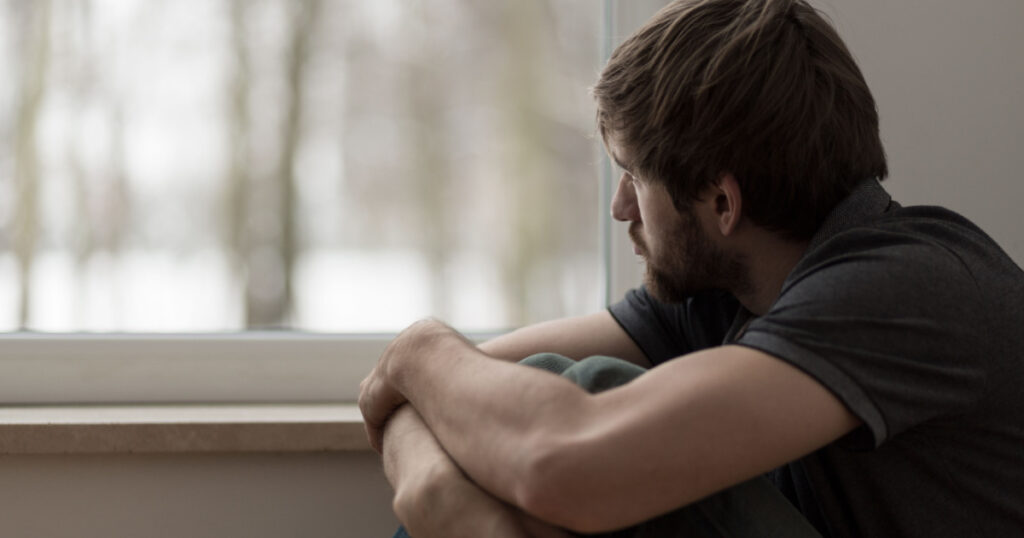
According to data from the General Social Survey (GSS), the number of Americans who say that they have no close friends has roughly doubled since 1985. “Zero” is the most common response when applicants were asked how many close confidantes they have[1]. This loneliness seems to be more prevalent in millennials for two big reasons.
The Internet & Social Media

Social networking, which was originally meant as a tool to keep us connected and up-to-date with our community, has now caused greater loneliness in individuals. People are ditching real-life relationships in favor of internet friendships, which offer a sense of social safety. Evolutionary anthropologist and author of “How Many Friends Does One Person Need?”, Dr. Robin Dunbar has come up with the “Dunbar number”. In other words, each person’s social group is made up of 150 other individuals, and any number more than 150 the brain can’t hold a close connection with[2]. The closest 15 individuals within that group are the most influential when it comes to your mental and physical health.
In a time when any given person can have thousands of “friends” and “followers” on their social media account, Dunbar states that “These digital developments help us keep in touch when in the past a relationship might just have died; but in the end, we actually have to get together to make a relationship work[2]”
Loneliness is Contagious
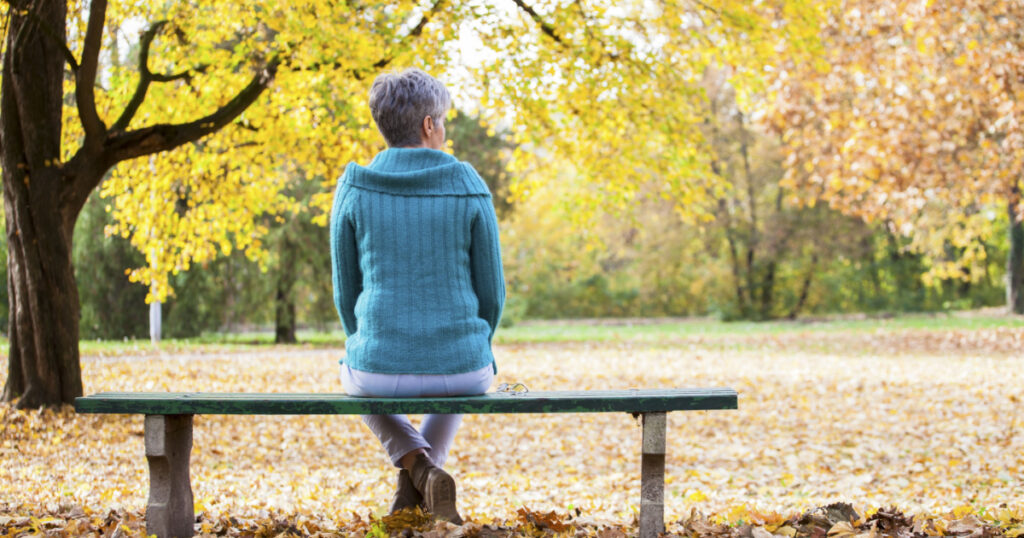
It’s no surprise to you that being around a sad, lonely person can bring down your own mood, making you less likely to spend time with them. Well, that’s because loneliness can actually spread between people, wiping out whole social circles. A 2009 study using data collected from 5,000 people found that since 1948 participants are 52% more likely to be lonely if someone that they’re directly connected to is lonely. This includes family members, close friends, neighbors, and co-workers[3]. That means that people who aren’t lonely tend to become lonely when they spend time with lonely people.
In the New York Times, researcher Dr. Nicholas Christakis, explains his thoughts on how this can contagion can infect multiple people: “If you’re lonely, you transmit loneliness, and then you cut the tie or the other person cuts the tie. But now that person has been affected, and they proceed to behave the same way. There is this cascade of loneliness that causes a disintegration of the social network.”[4]
Read: 3 warning signs you’re in a toxic friendship (it needs to end immediately!)
The Health Effects of Being Lonely
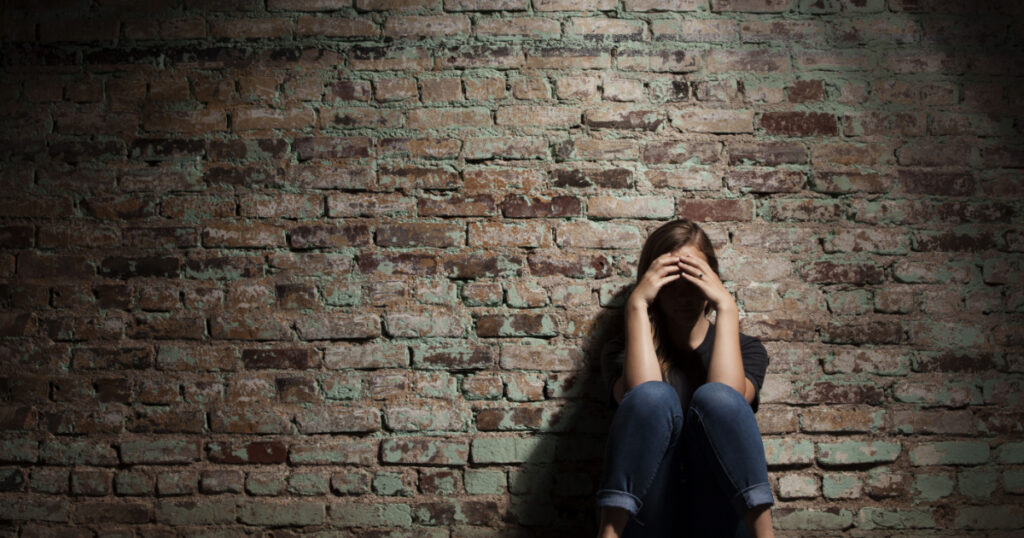
We all know that loneliness can affect your emotions, but those emotions can manifest in different ways, causing serious problems for your health.
Decreases Survival Rate
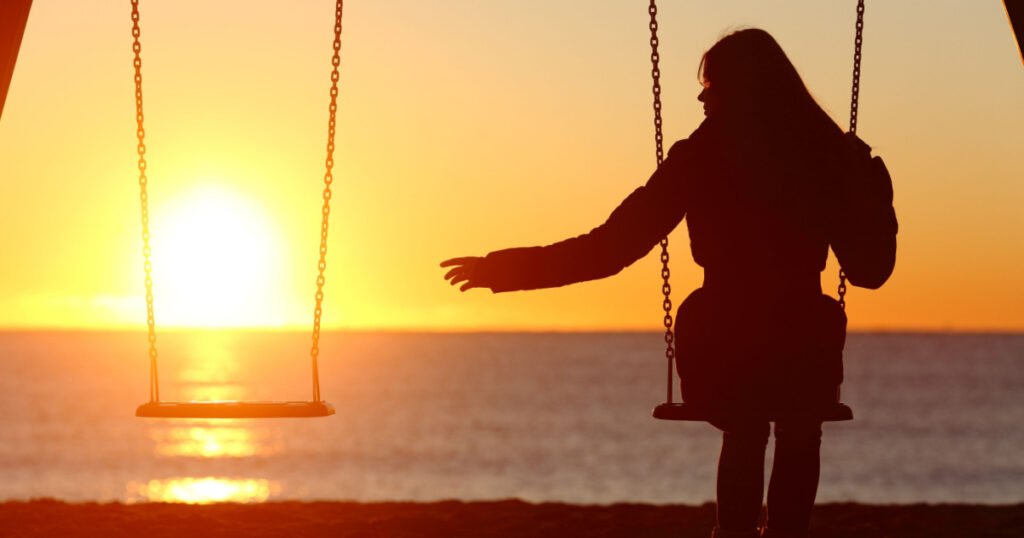
For starters, in a 2010 study on social relationships and mortality where over 300,000 participants were studied, it was discovered that the individuals with stronger social relationships were 50% more likely to survive than those without[5]. This outcome remained consistent across age, sex, health status, cause of death, and follow-up period.
Increases Anxiety
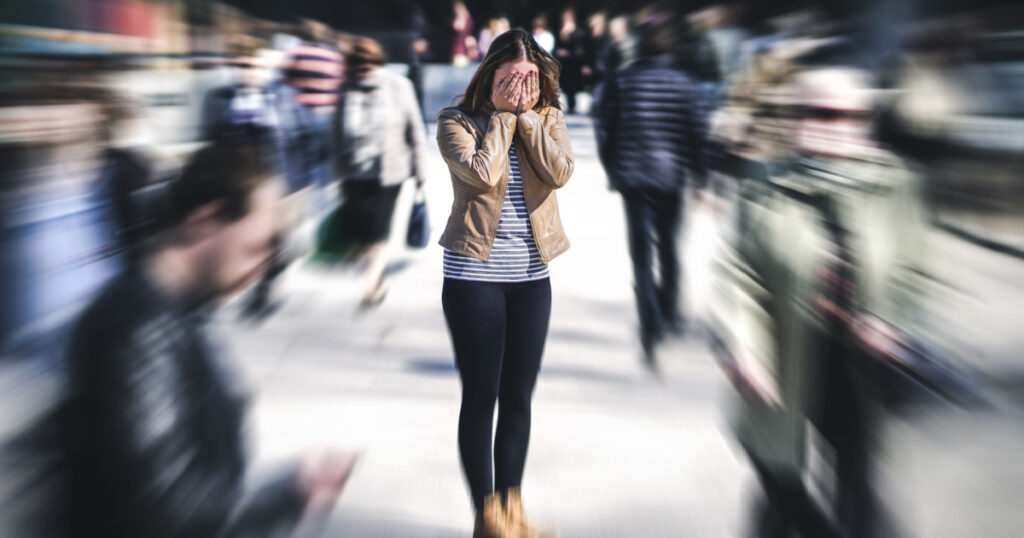
Lonely people have elevated molecular markers of stress. Cortisol and epinephrine levels are elevated, which may explain why they get more anxious in situations that may be moderate for someone who isn’t lonely[6].
Creates a Weaker Immune System
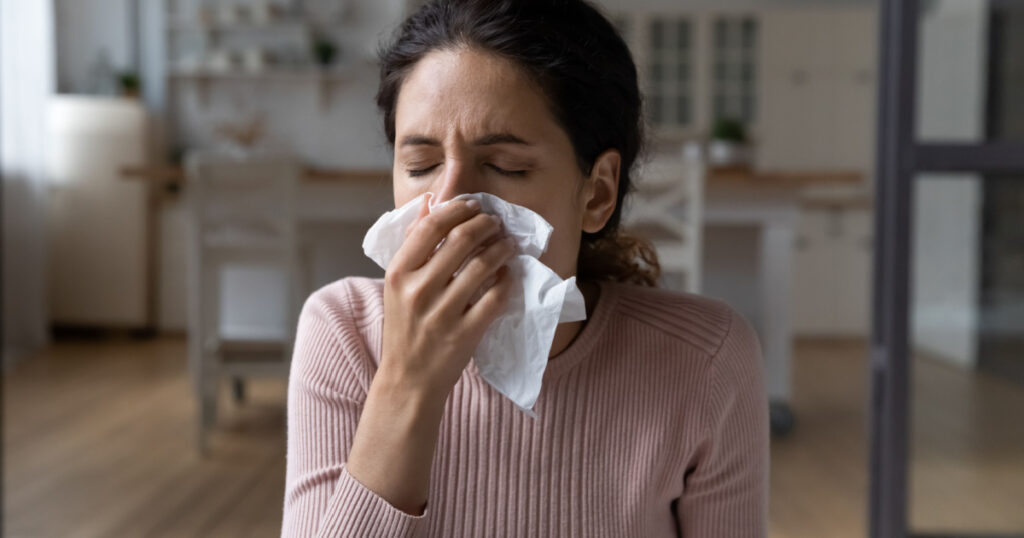
Lonely people exhibit increased activity for several genes that promote inflammation. They also show a decrease in the activity of genes that typically mount a defense against viral invaders, making them more susceptible to infections[6].
Read: Man Puts Poster In Window Asking For Friends After Wife Dies
How You Can Beat Loneliness for Good

Overcoming loneliness requires a multifaceted approach that involves both self-reflection and proactive engagement with the world around you. By cultivating meaningful connections, fostering self-love, and embracing new experiences, you can dismantle the barriers of loneliness and build a fulfilling and connected life. This journey is not about avoiding solitude, but rather about transforming it into a source of strength and personal growth.
1. Pick up the phone and call someone to talk

With the technology that we have, it becomes so easy to send a quick message to our friends and family instead of taking the time to call them. However, picking up the phone and calling someone to talk to them will help you to feel connected to your community because you’ll get the personal aspect of talking in real time.
2. Schedule regular dates with friends and family

I know, everyone is always busy and schedules are conflicting. Make it a priority to schedule time with your friends and family. Putting in that one-on-one time instead of simply chatting via text messages will do wonders in warding off loneliness.
3. Shut off emails or social media during the evenings and weekends

Create a sacred time in your life when you turn off your email notifications and commit to not checking your social media accounts. It becomes so easy to casually browse the internet when you find yourself idle. The next thing you know you’ve spent hours lost on your friend’s Instagram page. By making time to shut these devices off, your choosing personal interactions over online ones.
Read: Two Friends Show How The Same Outfit Looks On Different Body Types
4. Encourage kids to take part in activities
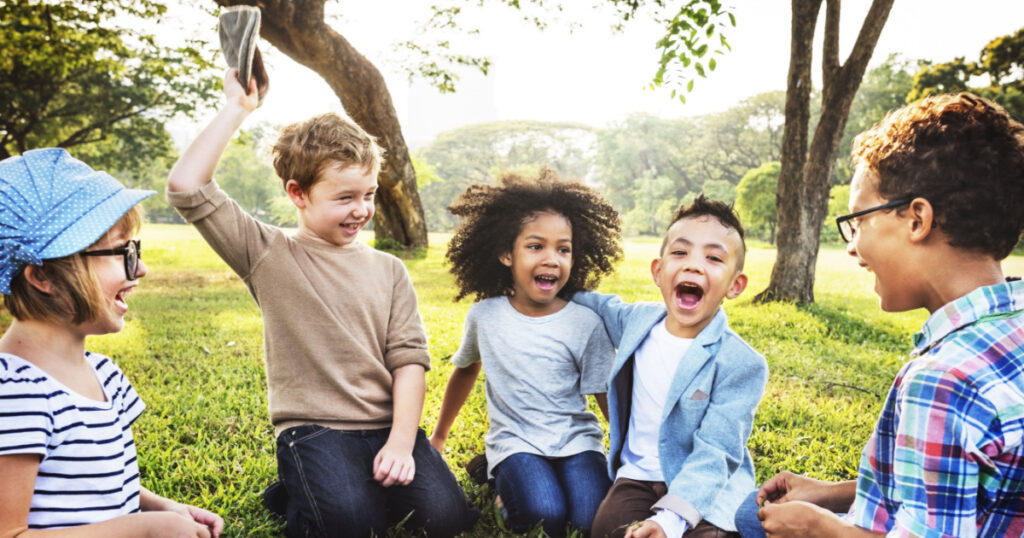
Our children are growing up in a world where the internet, and social media, are prevalent. There are some wonderful things about the internet, but it’s important to ensure that your kids are also getting the time that they need to participate in activities away from electronics so that they have the time to create meaningful in-person relationships.
5. Stay in touch with family and friends
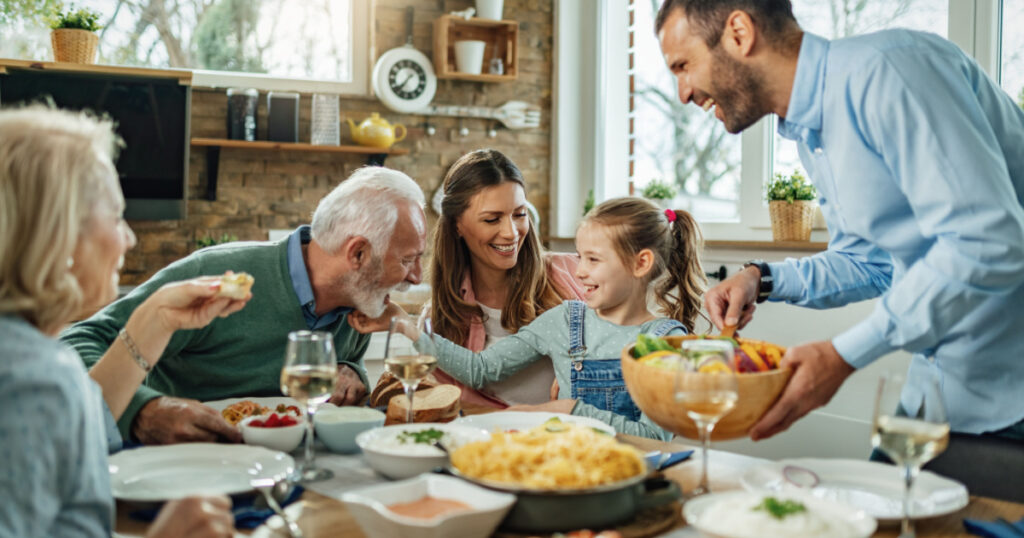
Staying in touch with friends and family is so important for keeping loneliness at bay. Your friends and family will be the ones to make you feel connected. If you don’t have any friends, then go out and make some! Try joining a club or an organization to connect with people who have similar interests as you.
6. Give Back

Not everyone has the fortune of living close to family or friends, but that doesn’t mean loneliness is inevitable! Try to create community by giving back- find a place to volunteer your time and build relationships in a really meaningful way. No one wants to feel lonely, but it can seem like a slippery slope that you just can’t get out of no matter how hard you try. Step by step, you’ll be able to climb your way out of loneliness and connect with your loved ones again.
Keep Reading: 10 Signs You Grew Up Chronically Lonely
SOURCES:
[1] Miller McPherson, Lynn Smith-Lovin, Matthew E. Brashears. Social Isolation in America: Changes in Core Discussion Networks Over Two Decades. Retrieved from https://journals.sagepub.com/doi/abs/10.1177/000312240607100301
[2] Aleks Krotoski. Robin Dunbar: We Can Only Ever Have 150 Friends At Most. Retrieved from https://www.theguardian.com/technology/2010/mar/14/my-bright-idea-robin-dunbar
[3] John T. Cacioppo, James H. Fowler, and Nicholas A. Christakis. Alone in the Crowd: the Structure and Spread of Loneliness in a Large Social Network. Retrieved from https://www.ncbi.nlm.nih.gov/pmc/articles/PMC2792572/
[4] Tara Parker-Pope. Why Loneliness Can Be Contagious. Retrieved from https://well.blogs.nytimes.com/2009/12/01/why-loneliness-can-be-contagious/
[5] Julianne Holt-Lunstad, Timothy B. Smith ,J. Bradley Layton. Social Relationships and Mortality Risk: a Meta-analytic Review. Retrieved from https://journals.plos.org/plosmedicine/article?id=10.1371/journal.pmed.1000316
[6] Institute for Genomic and Systems Biology. Psychologist John Caciopo Explains Why Loneliness is Bad for Your Health. Retrieved from https://www.igsb.org/news/psychologist-john-cacioppo-explains-why-loneliness-is-bad-for-your-health

